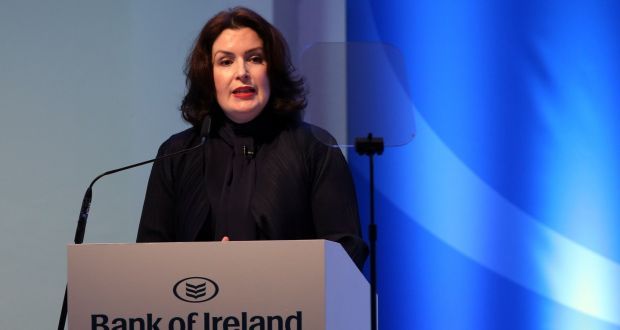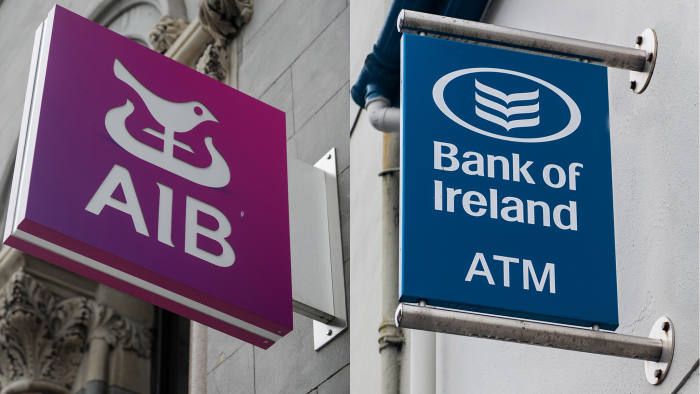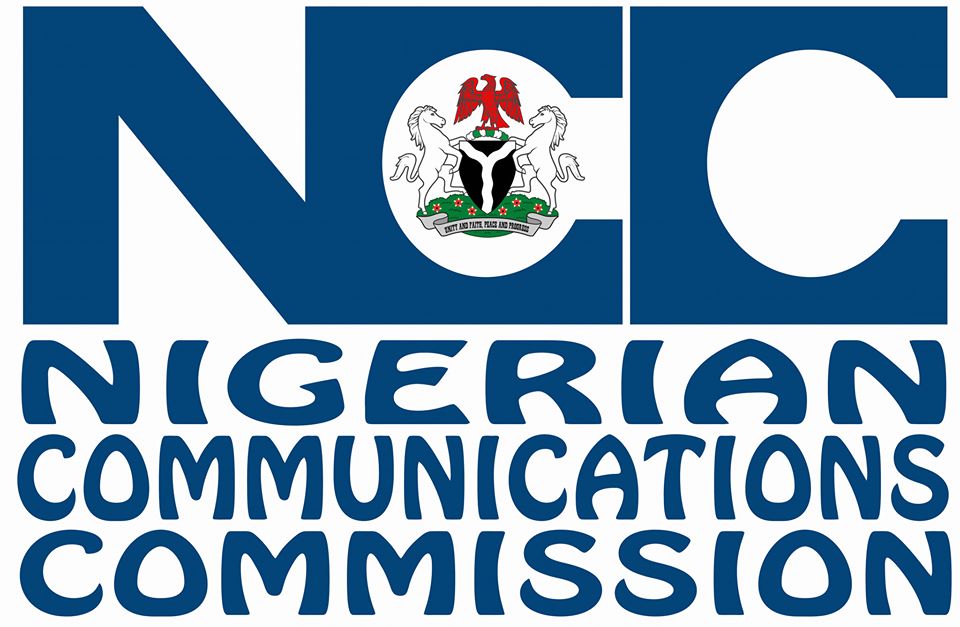Ireland could be left with three banks in the coming weeks - the duo of Bank of Ireland and AIB and Permanent TSB. This is because NatWest-owned Ulster Bank announced that it would be shutting down operations while KBC Ireland entered talks to sell off its loan book and make for the exit.
Recent development in the region suggests that "the complexion of Irish banking has changed drastically sounding alarm bells about the state of banking competition in the country." CNBC
At the start of the year, the CEO of Bank of Ireland - Francesca McDonagh, announced plans to shut down 103 branches in the country, pointing to the transition to online services as the rationale behind the decision.

The emergence and popularity of digital banking and fintech have played a significant role in altering this landscape (banking sector). Examples are Revolut and N26. They both brag of a customer base of around 1.3 million and 200,000 users, respectively.
“Number one we view it as an opportunity. While the Ulster Bank news was probably on the cards for some time, I think people were taken by surprise at the KBC announcement. While we’re assessing what’s happening and why others are leaving, we still have to look with very clear eyes at our customers and focus on what is the customer need in the market. Obviously we have to look and see well, why are others leaving? Is it because they have to hold too much capital?” Adrienne Gormley, the chief operating officer at Germany’s N26

Fintech operators or neo-banks in Ireland can be compared to a thief in the night. While banks were sleeping, neo banks were busy stealing, establishing themselves in the payment space, with banks now playing the catch-up game.
Banks like AIB, Bank of Ireland, Permanent TSB, and KBC responded to this disruption with a collaboration between themselves by building an app. The rumoured name of the app is Synch, and this app would enable instant payments between accounts at each of the banks.
What is the long-run effect of the Synch app on Ireland's banking sector? Only time will tell. According to Michael Dowling, a professor of finance at Dublin City, the prospect (Synch) raises some warnings on the competition.
Ireland in focus
GDP: $388.699 billion compared to Greece $209.853 billion (2019 estimates)
Population: 4,934,040 compared to Greece 10,717,169 (2019 estimates)
GDP per capita: $78,778 compared to Greece $19,580 (2019 estimates)










